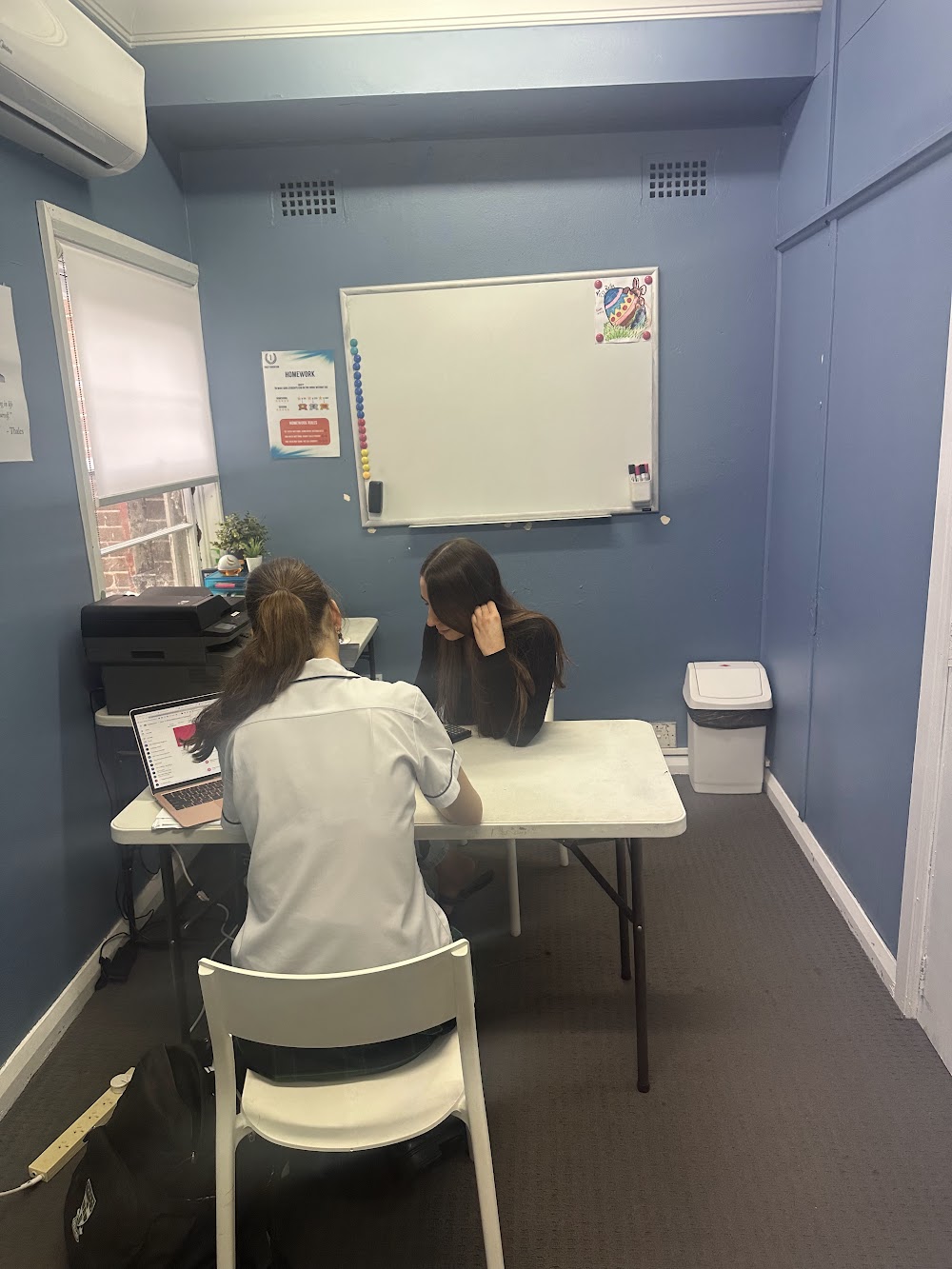
Today, I had the opportunity to observe Isabella working with Jasmine, her Year 12 student, as they tackled a past exam paper on non-linear relationships. This session highlighted Isabella’s ability to guide her student through challenging mathematical concepts while maintaining a clear focus on exam success.
Isabella’s teaching stood out for its structured approach. She started by helping Jasmine identify the key components of each question, ensuring she understood what was being asked before attempting to solve it. Isabella consistently encouraged Jasmine to break problems into smaller parts, which made even the most complex equations more manageable. This method not only improved Jasmine’s confidence but also reinforced her problem-solving skills.
A notable aspect of the session was Isabella’s emphasis on real world connections. To explain non-linear relationships, she introduced relatable scenarios, linking the abstract mathematical concepts to practical examples. This approach made the content more engaging and helped Jasmine see its relevance beyond the classroom.
Isabella also excelled in providing practical advice for tackling exam papers. She demonstrated effective techniques for managing time, such as prioritising higher-mark questions, and explained how to present answers clearly to maximise marks. Additionally, she offered detailed feedback on Jasmine’s work, highlighting strengths and providing constructive tips on areas that needed refinement.
Throughout the session, Isabella maintained a calm and supportive demeanor, ensuring Jasmine felt comfortable asking questions and expressing uncertainties. She celebrated small wins, like when Jasmine applied a new concept correctly, which motivated her to stay focused and keep improving.
This observation underscored the importance of blending subject knowledge with practical exam strategies. Isabella’s thoughtful and thorough approach showed me how to combine clear guidance with real-world connections to empower students. It’s a technique I’m excited to adopt in my own tutoring sessions.
Demetria Koutavas

